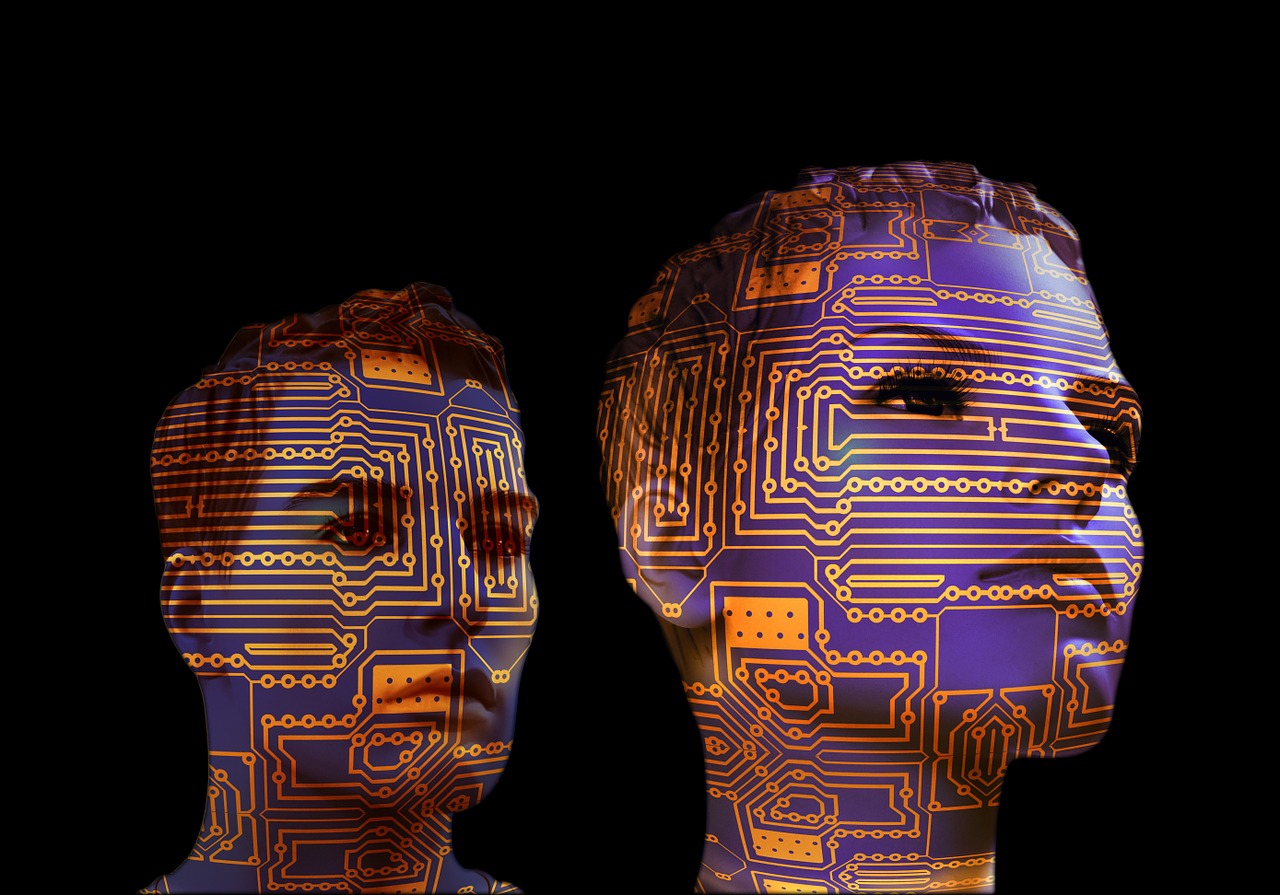Outnumbered
Seven and a half billion. That’s a number that’s been on a lot of people’s minds lately. It raises some formidable questions, to be sure. Can our infrastructure conceivably support such a vast population? What shifts in markets and demographics, philosophies and principles can we expect from that kind of rise in scale? Where in heaven’s name are we going to get all that white plastic and swipable glass?
![]()
Oh, I’m sorry. Did you think I was talking about human population? That’s adorable.
Robots! Everywhere!
As a robot apocalypse aficionado, I note with horrified glee that Ovum, highly regarded research and consulting firm, predicts that by 2021, four whole years from now, the world will contain 7.5 billion digital assistants.
That is to say, more robots than people.
Awesome. I’m super psyched about that. As I recall from my steady diet of dystopian science fiction, having more robots than folks and ceding control of our lives to them always ends super well.
But seriously
What Ovum is really tracking is a sea change in the nature of applied tech. The big paradigm shift, go figure, was the smartphone. That was where the active process of integrating a seamless digital interface into the tasks of daily life got going, where the assumption became that consumers would handle a given task digitally rather than not.
Go figure, the 3.5 billion digital assistants that already existed as of 2016 mostly lived in phones.
That number is doubling itself because we want that functionality in the rest of our lives. I jest about the robot apocalypse, but the rise of the smartphone led to nothing more apocalyptic than mild irritation of dudes with boundary issues. That’s because the point of smartphones, the point of digitization in general, is to provide consumers with more control over their lives, not less. It’s the opposite of conquest. It’s the claiming of power.
Likewise the rise of the digital assistant
It’s all about exporting smartphone-level interactivity to more stuff. Ovum predicts the rise will come primarily in the form of assistant enabled cars and in-house tech like Amazon Echo and Google Home. The big winner will be Google Assistant, because Google is primarily a service provider.
So at the risk of coming in on the side of our steel overlords, I’m calling this one a good thing.
This isn’t another step toward a Matrix pod. It’s how you get deeper, clearer and more directly interactive with less-than-revolutionary tech like your house and car.
#BringOnTheBots
Matt Salter is a writer and former fundraising and communications officer for nonprofit organizations, including Volunteers of America and PICO National Network. He’s excited to put his knowledge of fundraising, marketing, and all things digital to work for your reading enjoyment. When not writing about himself in the third person, Matt enjoys horror movies and tabletop gaming, and can usually be found somewhere in the DFW Metroplex with WiFi and a good all-day breakfast.








































Pingback: Dubai is under the spotlight as they begin automating police force - The American Genius
Pingback: Picked.Email is the newest Email AI that will transform your inbox - The American Genius
Pingback: Should you be scared or fascinated by self-learning AI? Answer: both - The American Genius
Pingback: Google launches AI secretary to hold through muzak for you